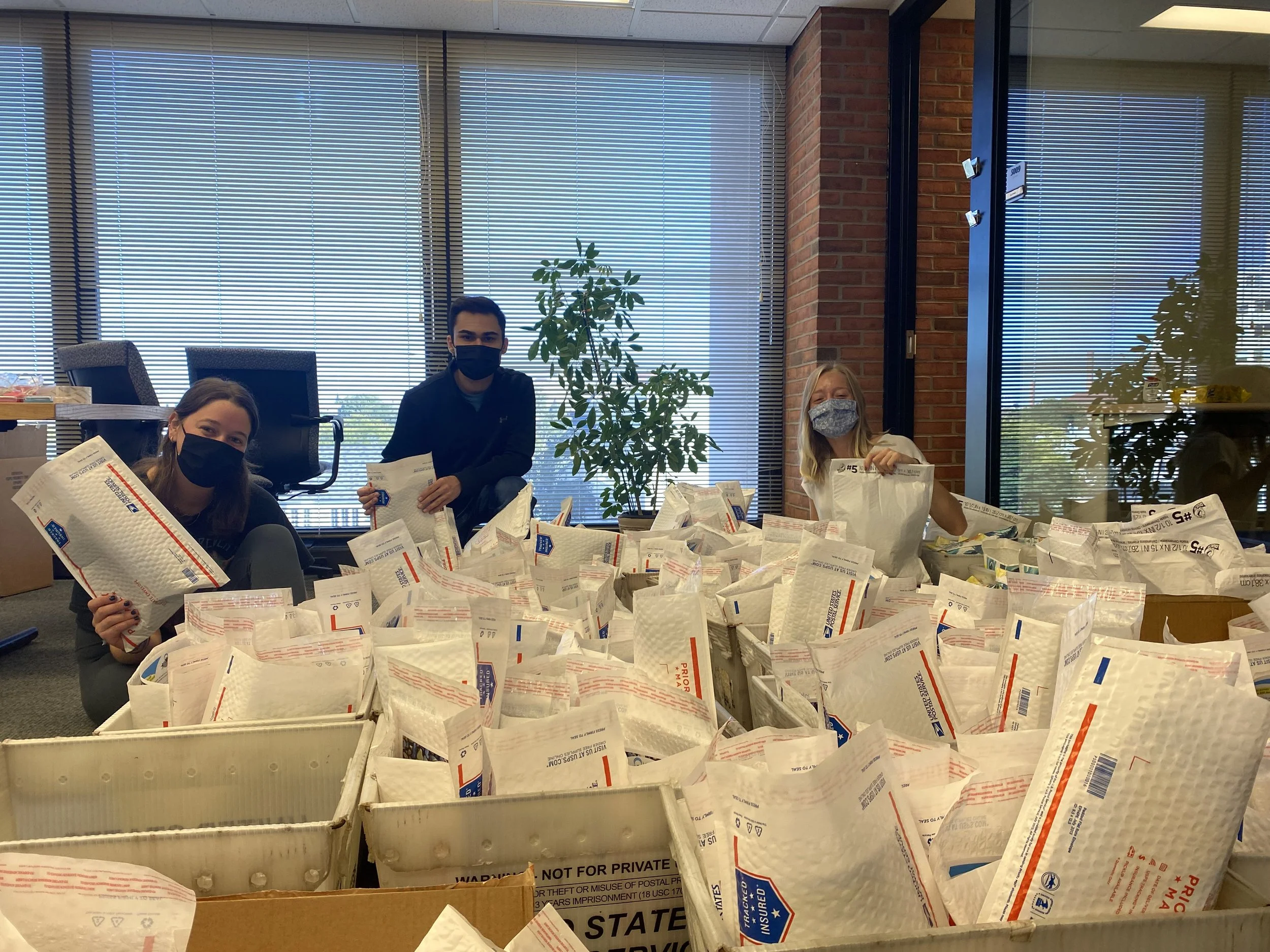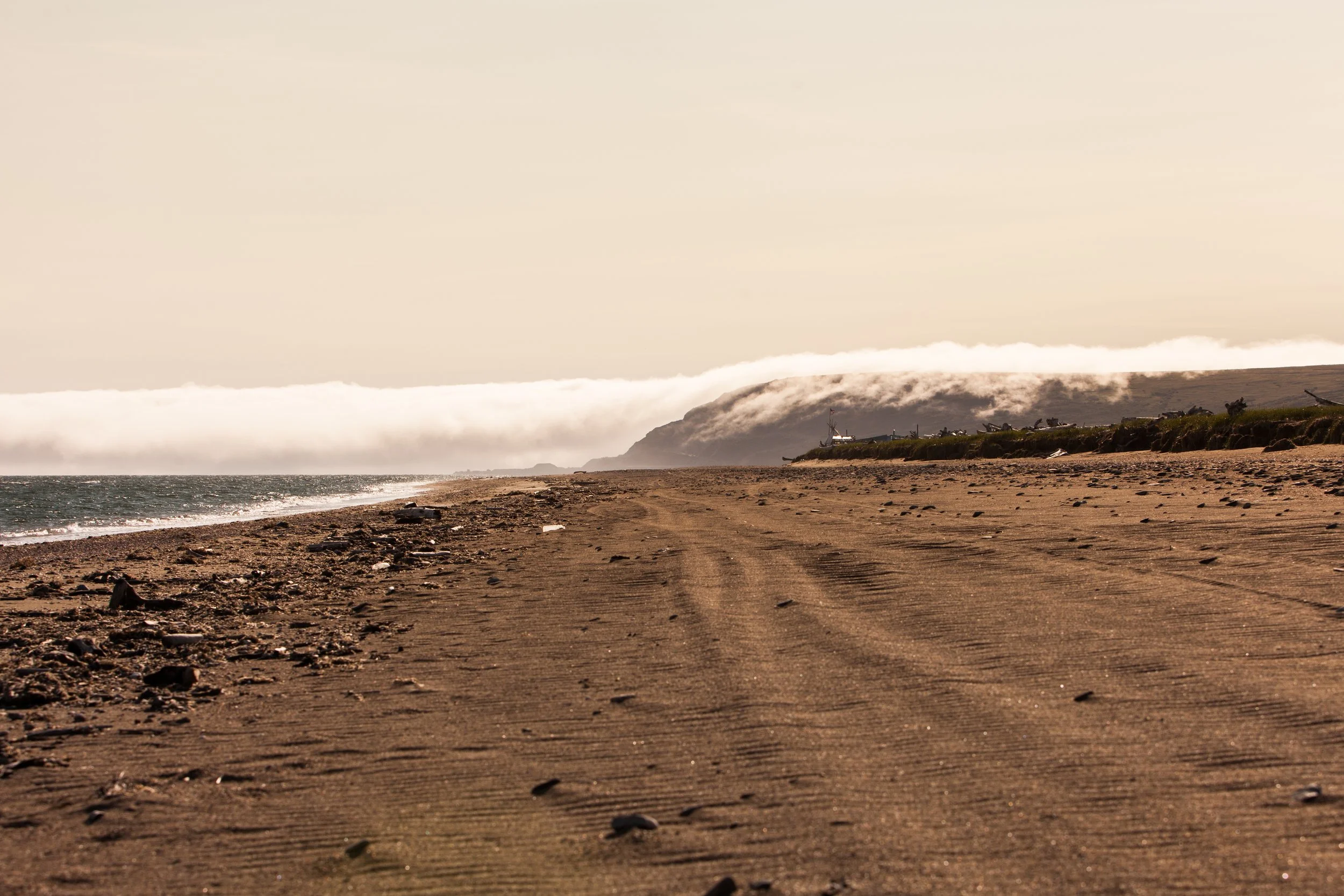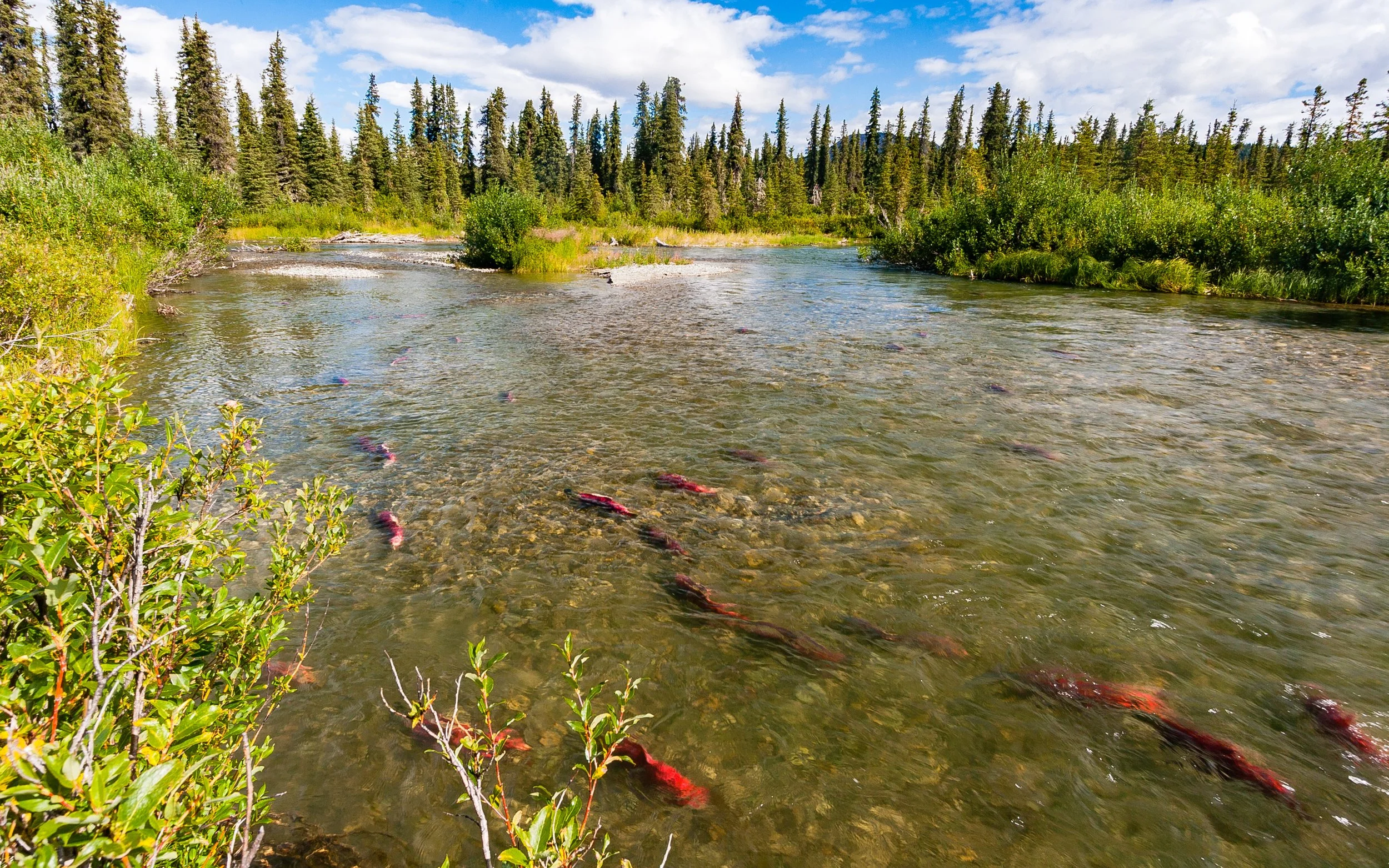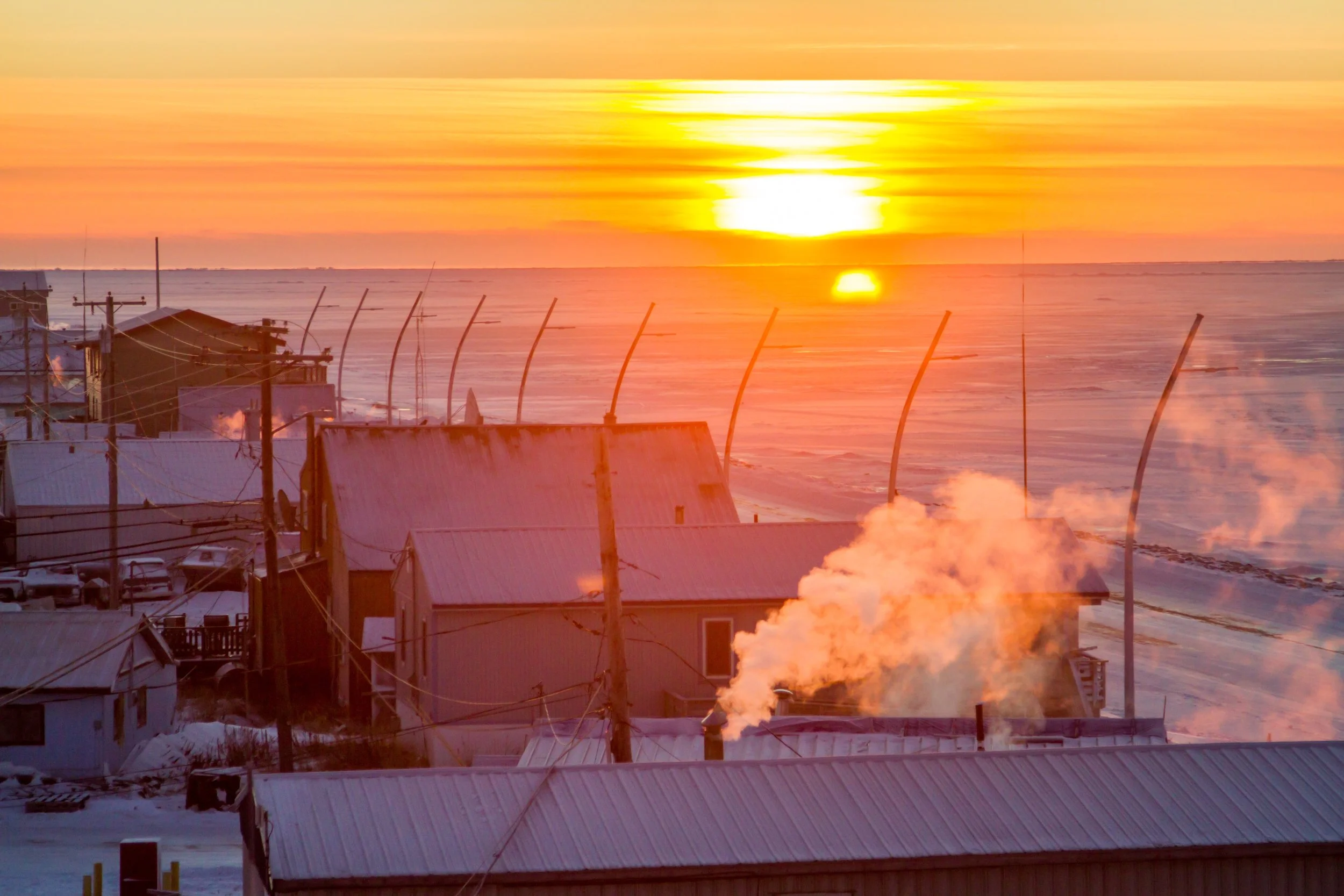In March 2020, the COVID-19 pandemic threw a wrench in the plan to gather people from multiple sectors of the community for learning circles. We started sending packages to the people who’d attended a learning circle in their village as a way to stay in touch. After getting a positive reaction to the care packages, we decided to keep sending them regularly to anyone who signed up to receive them. Over 2 years, PC CARES sent Care Packages to 493 recipients in 49 communities in Alaska, with a total number of 1,319 packages sent.
Profiles of youth support at baseline: What kinds of support are youth receiving, from whom, and how often?
Health Promotion Practice
Research shows that strengthening social, cultural, and emotional support can reduce suicide risk, many recent prevention efforts focus on these strategies. Yet, to reinforce and to extend the positive impact of these strategies for suicide risk reduction, we argue it is useful to identify baseline levels and other features of already-existing support.
Adapting PC CARES to continue during the COVID-19 Pandemic
Customizing and improving PC CARES for newly participating communities
Implementation beyond the clinic: Community-driven utilization of research evidence from PC CARES
Research shows the PC CARES model feasibility and social impact
Linking decolonization and suicide prevention efforts
Final Report on PC CARES for Northwest Alaska
Executive Summary
Developed in partnership with Maniilaq Wellness Program, Kawerak Wellness, and members of Northwest Alaska and Bering Strait communities, Promoting Community Conversations About Research to End Suicide (PC CARES) offers a clear way to address youth suicide in self-determined ways. This approach shares helpful information, but does not tell participants how they should use it. Instead, PC CARES assumes that each participant can best determine how to put the new prevention information to use.
In the first ever roll out of PC CARES in Maniilaq’s service area from 2015-2017, it shows great success! Facilitated by 23 community volunteers, PC CARES brought together 495 local people and service providers in 10 villages to participate in 64 PC CARES learning circles. Each of the 8 learning circles highlights a different piece of research aimed at sharing ‘what we know’ about suicide prevention and wellness. Participants, then, discuss how the research applies to their unique lives and communities. Importantly, the last part of each learning circle is spent considering ‘what they want to do’ for prevention and wellness within their villages and families.
Hosted by local facilitators, PC CARES learning circles were popular and worthwhile. Ten out of 11 villages implemented PC CARES, and half completed the 8-session, ~24 hour curriculum. Participants in these learning circles talked about how much they liked the model. Pre-post surveys show that PC CARES participants increased their knowledge, skills, and prevention activities after attending the learning circles. Our social network surveys, which was done with PC CARES participants and others, showed that people who are ‘close to’ PC CARES participants also learned something about prevention. These ‘close others’ did more prevention activities when compared to other community members. This finding suggests that PC CARES participants talked about what they were learning with close friends and family members, who then did more for prevention.
With strong evidence showing significant benefits of the intervention, PC CARES is a promising and practical way to translate scientific research into community-driven, culturally responsive and suicide prevention practice that could reduce suicide risk in rural Alaska Native communities.







